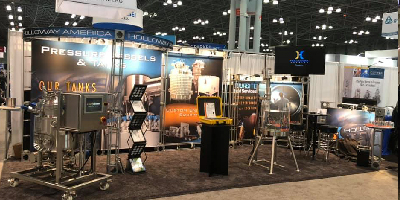
HOLLOWAY AMERICA – SPRINGFIELD As we enter 2023, we’re taking a look at Success Stories from the last few years. Below is an example of training assistance offered by Missouri One Start. Missouri One Start’s customized training assistance helped Holloway America upskill their hardworking employees. With approximately 80% of its customer-base within the pharmaceutical and …

ESSEX INDUSTRIES’ CONTINUOUS IMPROVEMENT JOURNEY WITH ST. LOUIS COMMUNITY COLLEGE In 1947 in St. Louis, two brothers, Harold and Sydney Guller, founded a company in their father’s basement. In the last seventy-three years this company, Essex Industries, has grown to six facilities located in St. Louis, Missouri, Milford, Connecticut, and Huntington Beach, California, encompassing 250,000 …
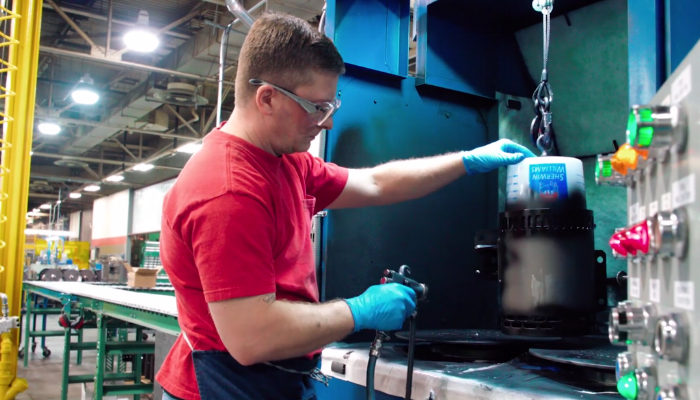
SRC ELECTRICAL, LLC CONTINUOUS IMPROVEMENT JOURNEY WITH OZARKS TECHNICAL COMMUNITY COLLEGE The increasingly automated and advanced technical nature of manufacturing can appear to leave human guidance and interaction out of the equation. Fortunately, savvy leaders recognize the importance of leadership, people skills, and communication as key factors in a company’s overall performance. SRC Electrical’s Human …
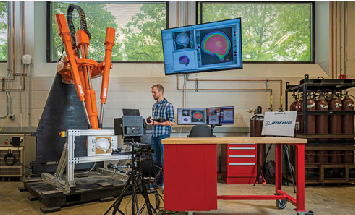
MISSOURI: LEADING THE CHARGE IN INNOVATION As featured in BUSINESS FACILITIES MAGAZINE – September / October 2021 Companies want to be where innovation is happening. In Missouri, several innovation communities are located throughout the state, providing the collaborative, forward-thinking spirit that small businesses and large corporations thrive on. Missouri is actively investing in high-tech industries, …

QUALITY OF LIFE: WORKING WHERE IT’S GREAT TO LIVE As featured in BUSINESS FACILITIES MAGAZINE – MAY / JUNE 2021 The coronavirus pandemic has forced everyone to rethink just about everything we do. It also has accelerated tectonic shifts in our cultural landscape, mostly for the better. We’re not going to use the word …

MISSOURI ONE START: 815,000 WORKERS AND COUNTING As featured in BUSINESS FACILITIES MAGAZINE – MAY / JUNE 2021 Missouri One Start, the state’s workforce recruitment, training and upskilling division, continues to gain in popularity among companies looking to build or maintain their workforce. A well-established program, it has trained more than 815,000 workers and assisted …
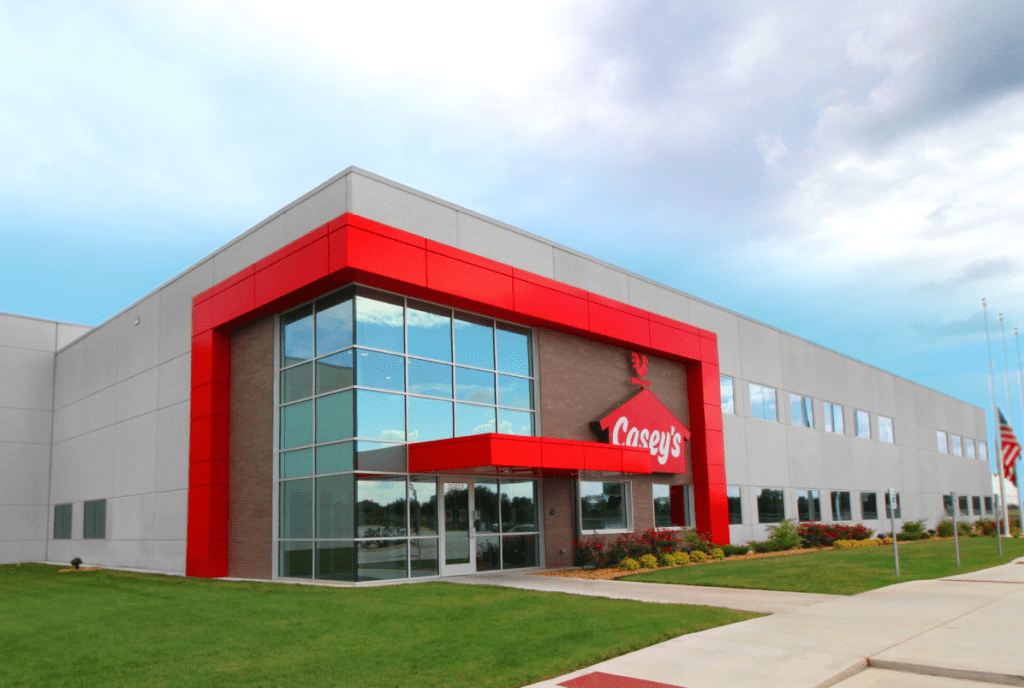
CASEY’S GENERAL STORES OPENS NEW DISTRIBUTION CENTER IN MISSOURI NEWS PROVIDED BY – MISSOURI PARTNERSHIP Missouri is a new investment destination for companies that need a prime location for their distribution centers. The state has seen a tremendous amount of success in logistics and distribution, welcoming more than $200 million in new capital investment in just the …

CLEMCO INDUSTRIES Training Partner: East Central College Clemco Industries, located in Washington, MO, has participated in the Missouri One Start Training Program for more than 10 years. Clemco has an unmatched understanding of air-powered abrasive blasting applications ranging from surface preparation to shot peening. This knowledge enables them to design, manufacture, deliver and support blasting …
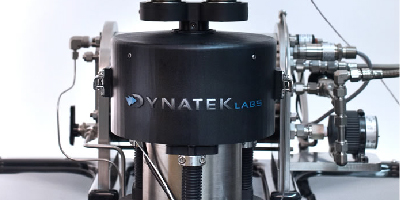
DYNATEK LABS Training Partner: OTC- Center for Workforce Development In partnership with Missouri One Start, Ozarks Technical Community College’s Center for Workforce Development (OTC-CWD) and Dynatek labs collaborated to address some of the biggest training needs for six of their employees. The result was a comprehensive Basic Electrical training class taught by engineer and OTC-CWD …

March 21, 2020 Jefferson City Today, the U.S. Small Business Administration approved Missouri’s request for assistance through the federal agency’s disaster loan program. This move makes low interest disaster loans available to small businesses and private non-profits severely impacted by the Coronavirus (COVID-19). SBA’s Economic Injury Disaster Loans offer up to $2 million in assistance …
Input your search keywords and press Enter.